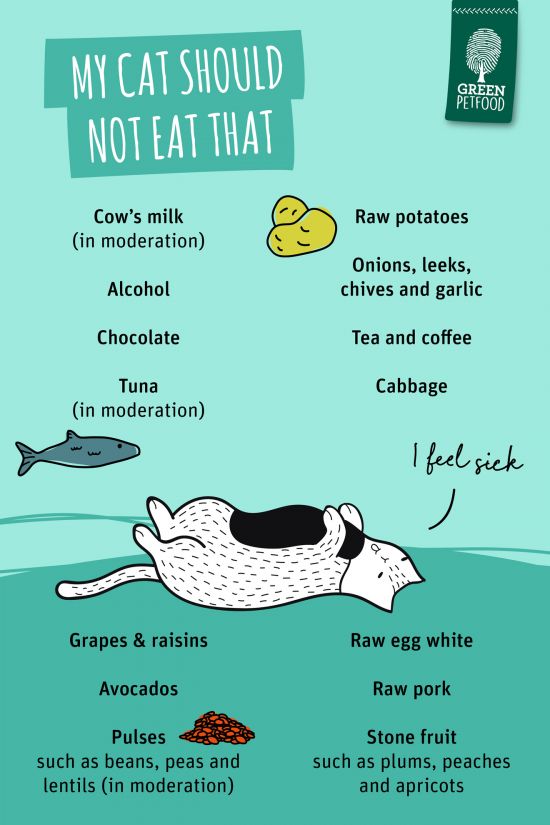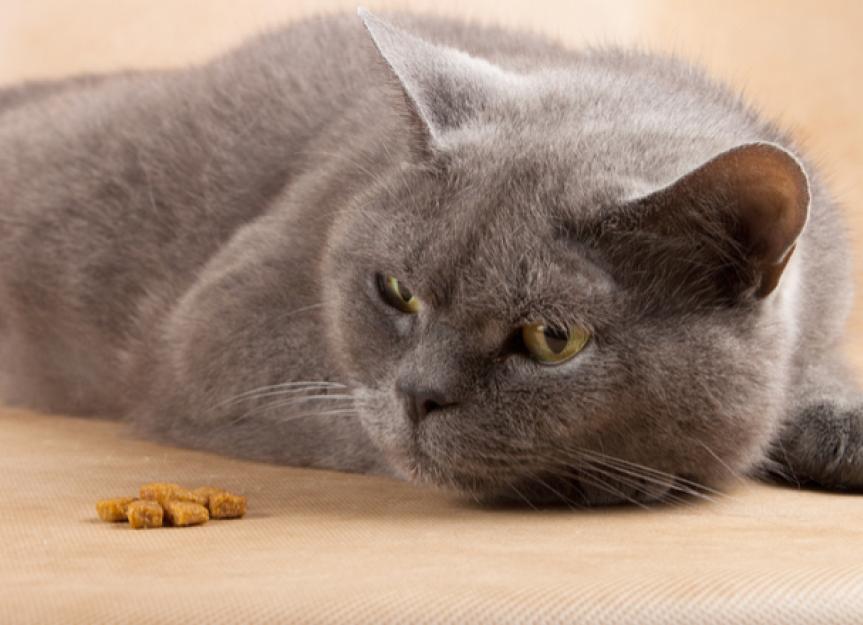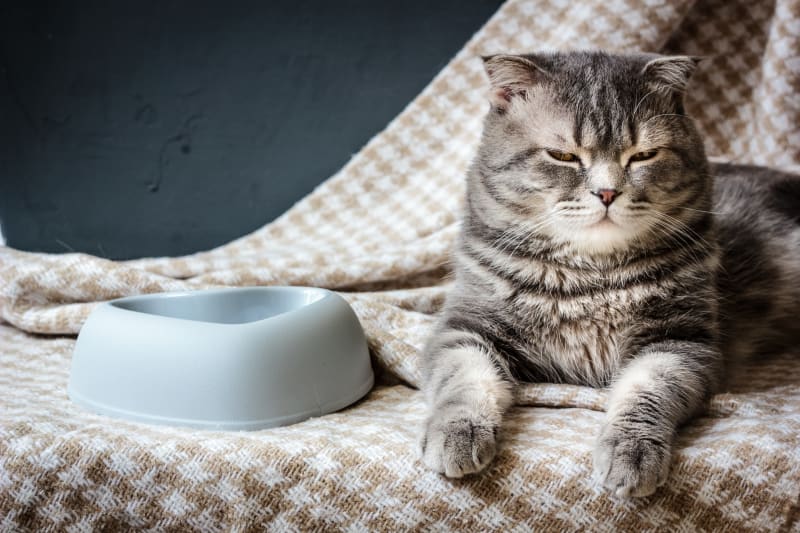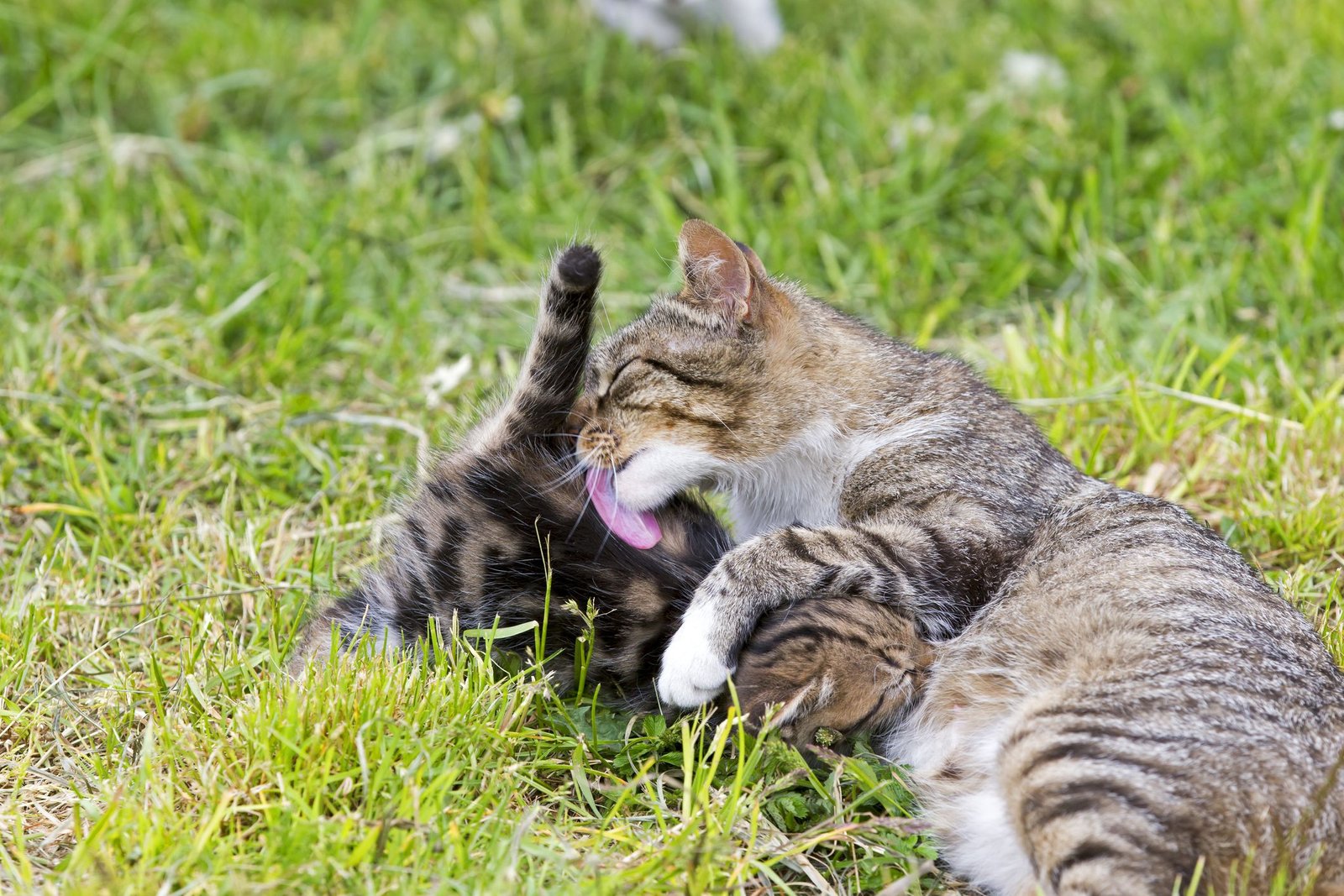If your cat is not eating, it could be due to various factors. This article will explore potential reasons why your feline friend has lost their appetite and offer some insights into how you can help them regain their interest in food.
Cats, like humans, can have their appetite affected by a range of physical and emotional factors. If your cat refuses to eat, it may indicate an underlying medical issue, such as dental, gastrointestinal, or stress.
Pay close attention to any other symptoms or changes in behavior your cat may be experiencing. It’s essential to seek veterinary advice if your cat’s appetite loss persists for more than 24 hours. In the meantime, you can try offering different types of food, warming their meals slightly to enhance aroma, or providing a calm and stress-free environment to encourage them to eat. Remember, a loss of appetite in cats can be a symptom of an underlying issue, so it’s crucial to address it promptly.

Possible Reasons For A Cat Not Eating
In HTML format:
A cat not eating can be problematic for any pet owner. Various factors, including health issues, environmental factors, and behavioral problems, can cause the loss of appetite in cats. Identifying the possible reasons and taking the necessary steps to address the issue promptly is essential.
Health Issues
When cats refuse to eat, it could indicate an underlying health problem. Some common health issues that can cause a loss of appetite in cats include the following:
- Dental problems: Painful teeth or gums can make it difficult and painful for your cat to eat.
- Illness or infection: Cats may lose their appetite when they are not feeling well or suffering from a disease.
- Stomach or digestive issues: Problems in the digestive system, such as an upset stomach or gastrointestinal blockage, can reduce appetite.
- Medication side effects: Certain medications can impact a cat’s appetite, causing them to stop eating.
Suppose your cat’s lack of appetite persists or is accompanied by other symptoms like weight loss or lethargy. In that case, it is crucial to consult a veterinarian for a proper diagnosis and treatment plan.
Environmental Factors
Environmental factors can also play a role in your cat’s eating habits. Changes or disruptions in their surroundings can cause stress or anxiety, decreasing appetite. Some common environmental factors that can affect your cat’s eating behavior include:
- New surroundings: Moving to a new home or rearranging furniture can unsettle your cat and disrupt their routine, causing them to lose their appetite temporarily.
- Changes in the household: The arrival of a new pet or family member can create an environment less conducive to your cat’s eating habits.
- Litter box issues: A dirty or uncomfortable litter box can cause stress and affect your cat’s overall well-being, including their appetite.
- Food changes: Switching to a new brand or flavor of cat food without proper transitioning can result in a cat rejecting the fresh food.
To help your cat overcome any environmental issues affecting their appetite, ensure a calm and consistent environment, provide a comfortable and clean litter box, and introduce any changes gradually to minimize stress.
Behavioral Problems
Cats are known for their selective nature toward food; behavioral issues can contribute to a cat’s refusal to eat. Some behavioral problems that may affect your cat’s appetite include the following:
- Food preferences: Cats, like humans, can develop preferences for certain flavors or textures. If they are offered food they don’t enjoy, it may result in a decreased appetite.
- Food aversion: Cats can develop an aversion to certain foods, especially if they have had negative experiences.
- Stress or anxiety: Cats may experience stress or anxiety due to environmental changes, resulting in a loss of appetite.
- Attention-seeking behavior: Some cats may refuse to eat to seek attention or assert their independence.
If you suspect behavioral issues are causing your cat’s refusal to eat, consider offering various food options, ensuring a calm and stress-free environment during mealtime, and providing enriching activities to alleviate boredom.


Frequently Asked Questions Of Why Is My Cat Not Eating?
Why Is My Cat Not Eating?
It is normal for cats to temporarily lose appetite due to stress, illness, a change in diet, or dental issues. However, if your cat stops eating for more than 24 hours, it is essential to consult a veterinarian, as it may be a sign of a more significant health problem.
Conclusion
If your cat is not eating, it can cause concern. This blog post explores common reasons why your cat may refuse food. From stress and illness to dental problems and changes in routine, there are several factors to consider.
It is important to closely monitor your cat’s behavior and consult with a veterinarian if the issue persists. Remember, a healthy and well-fed cat is a happy cat.

